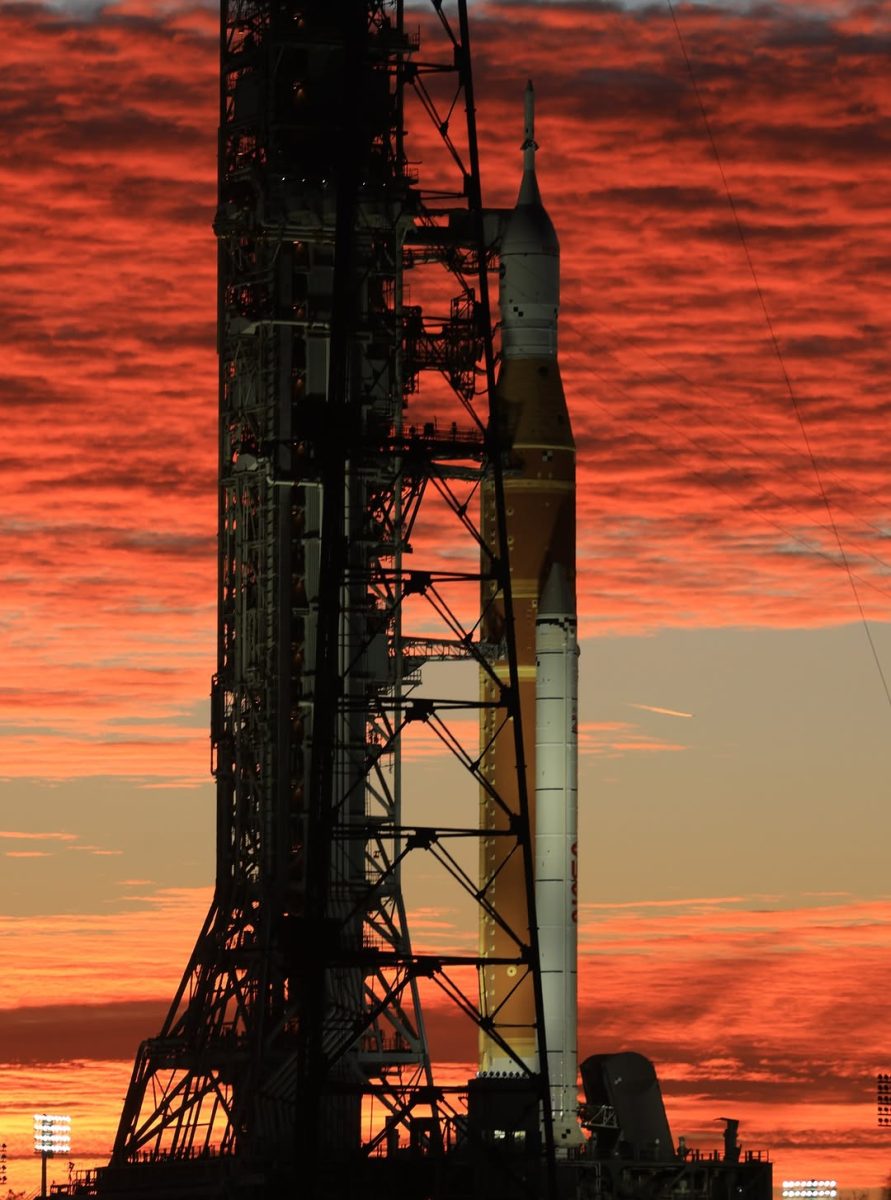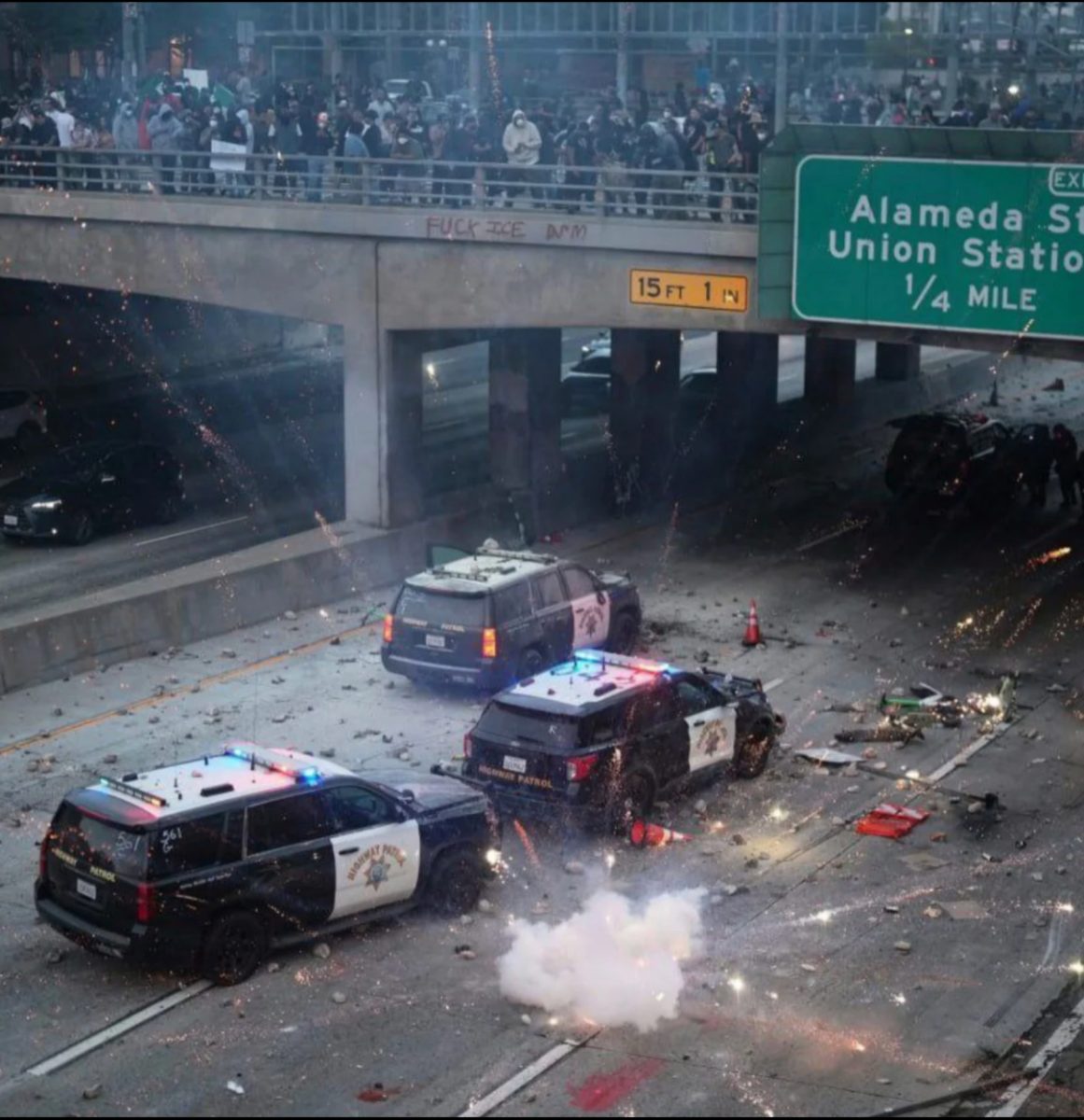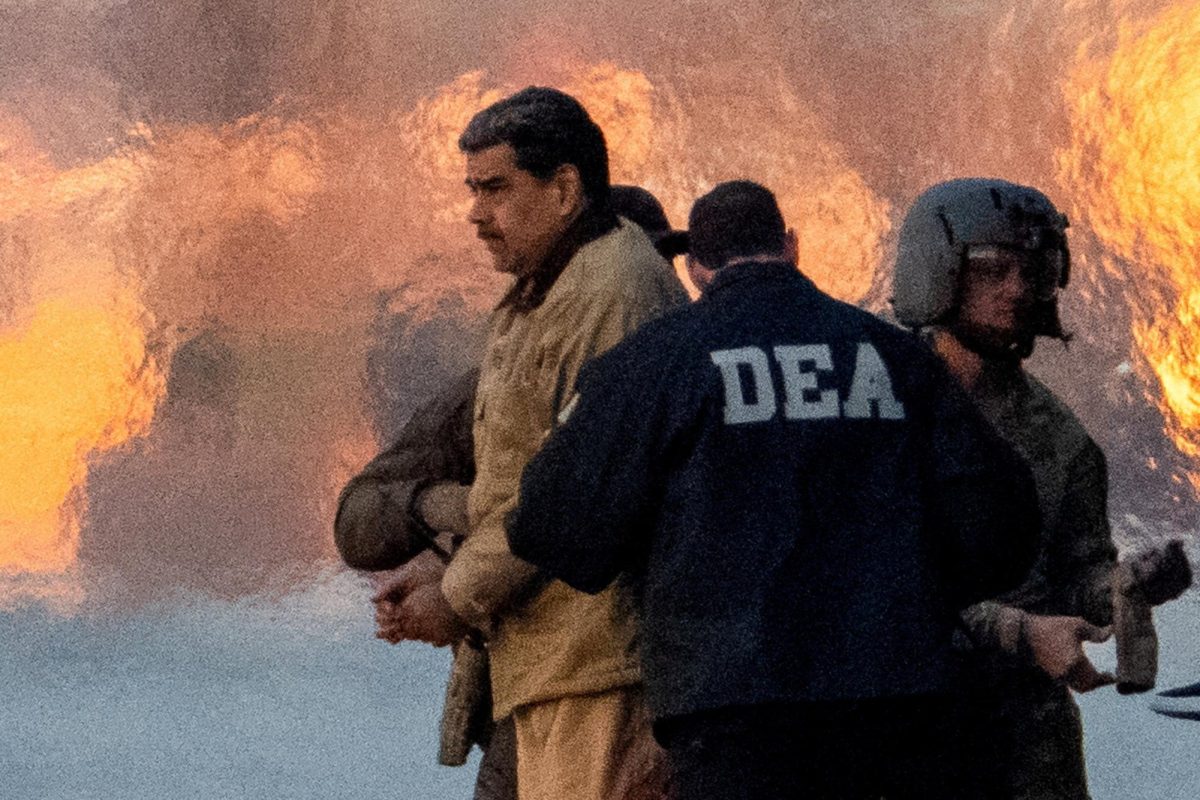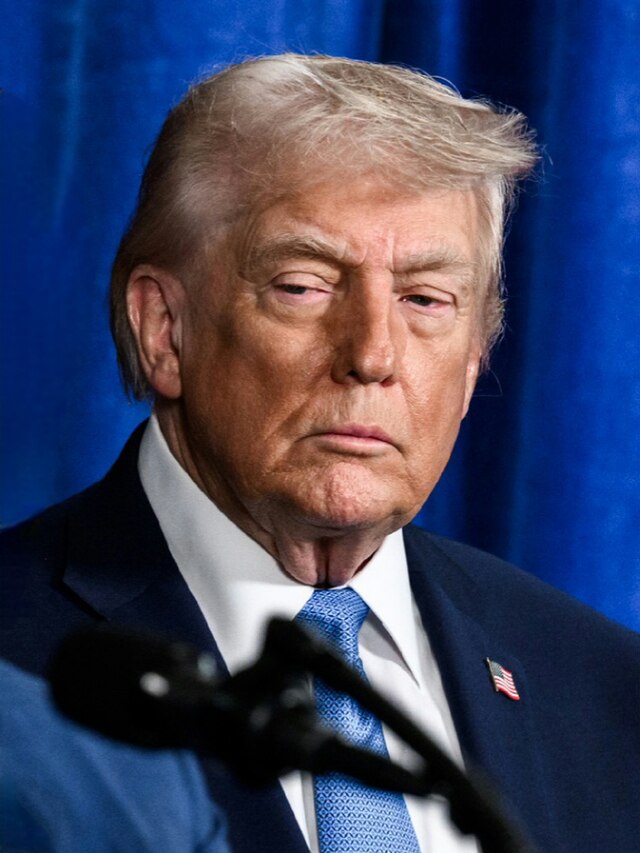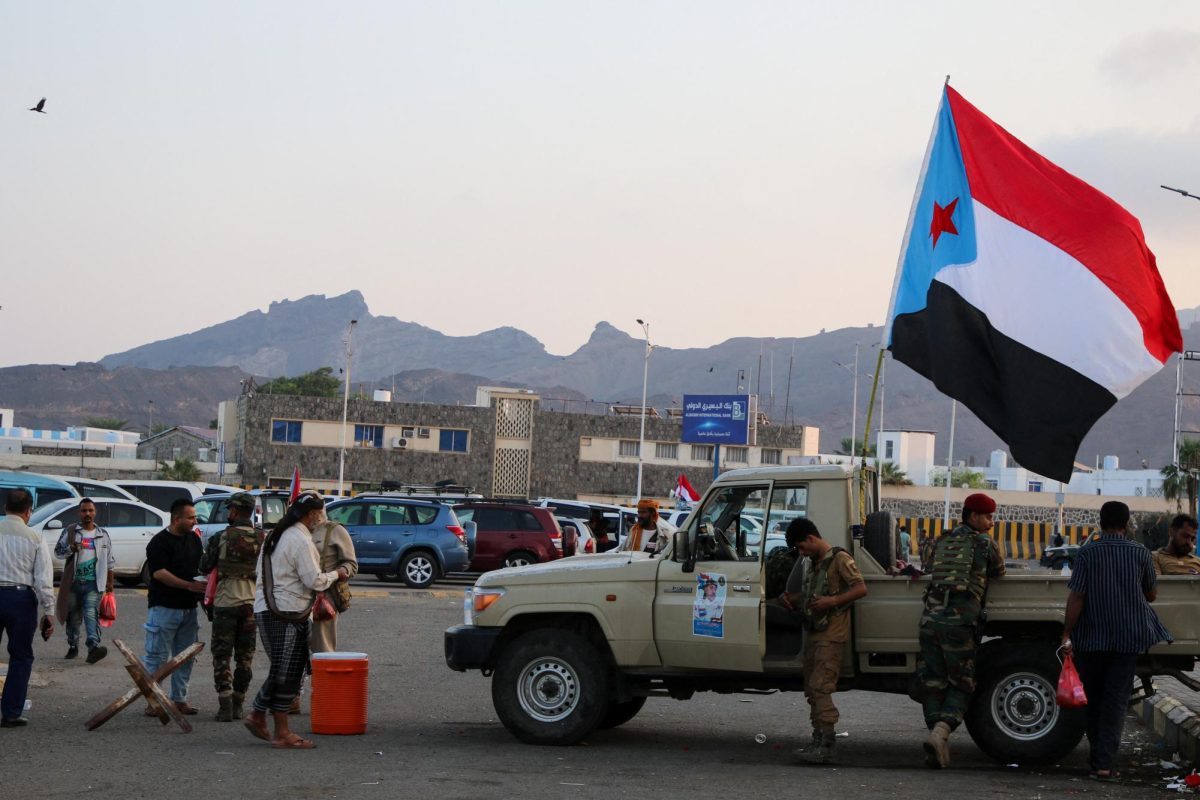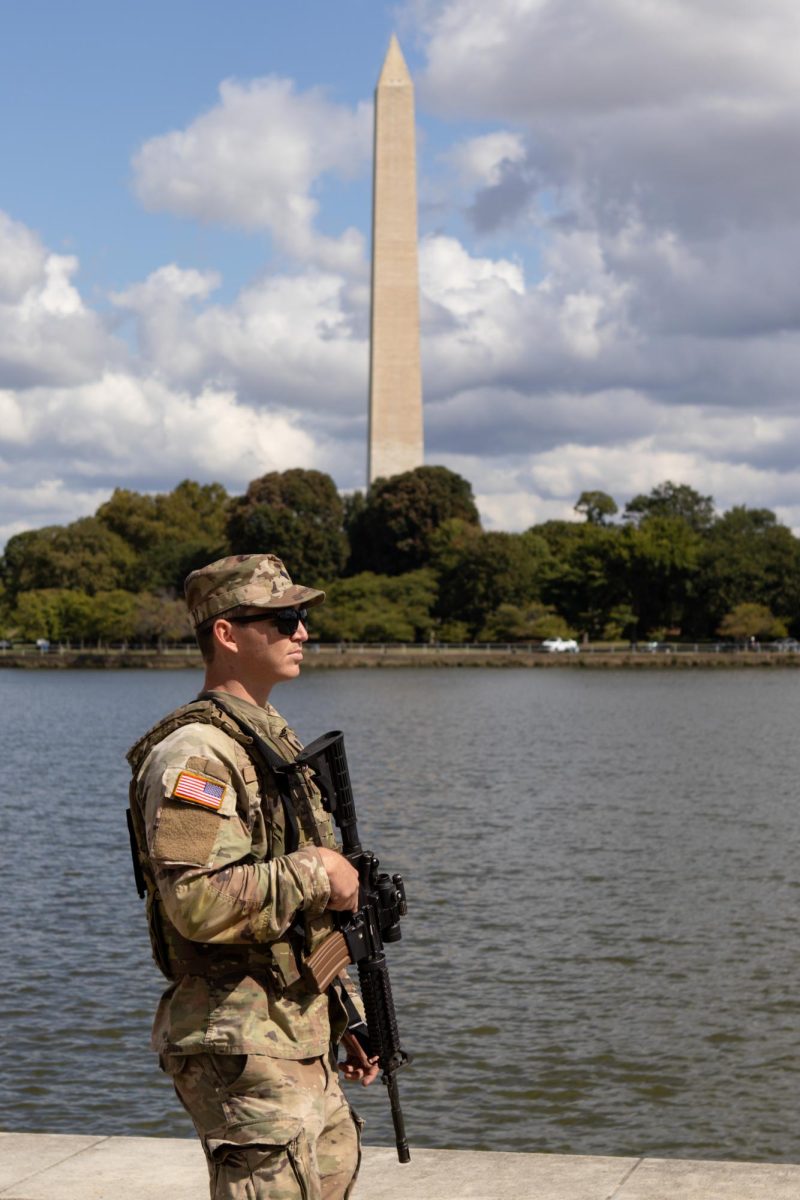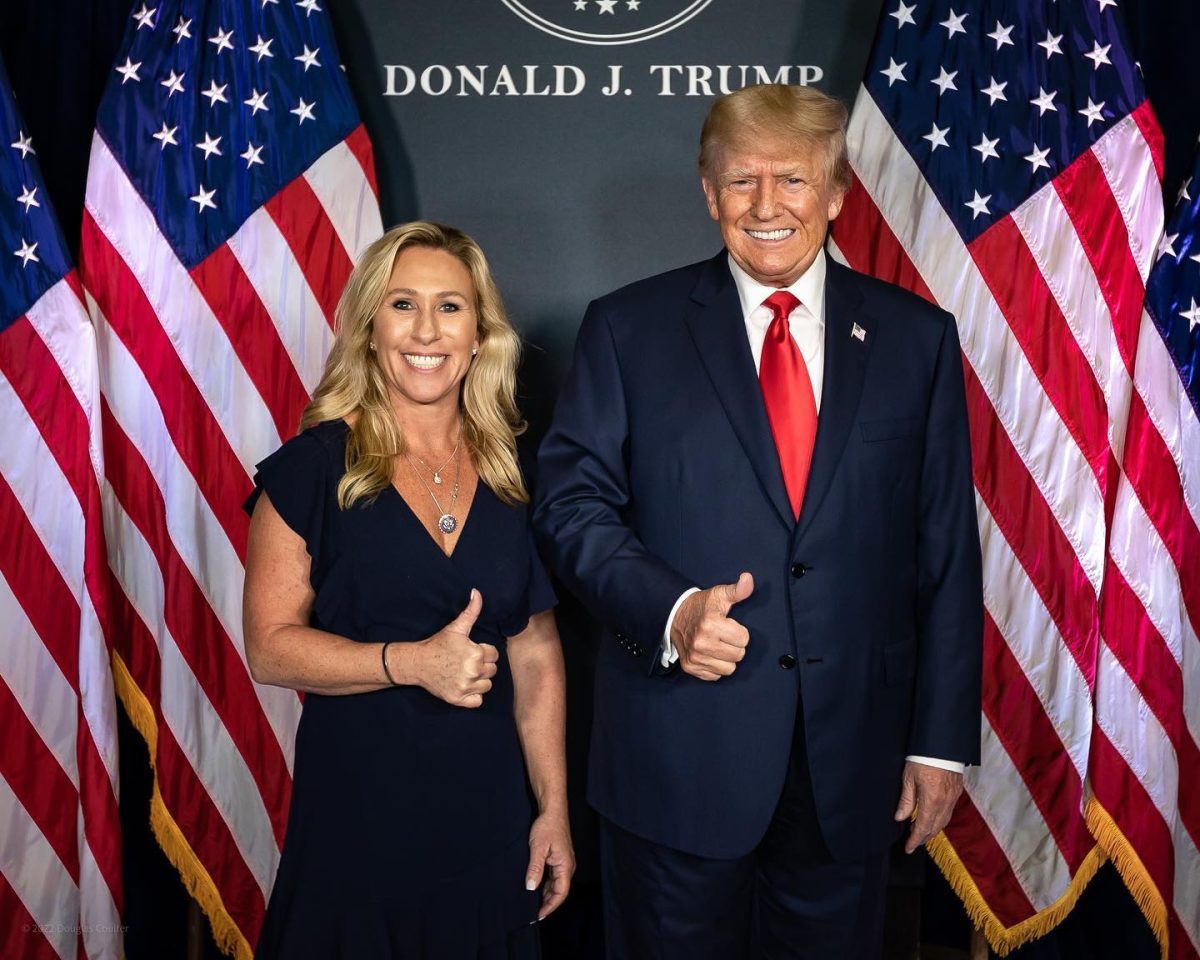All action of deploying the National Guard ceased after President Trump spent days threatening the deployment of the troops in Chicago, a sanctuary city. After publicly fighting with Governor J.B. Pritzker of Illinois, who did not want the troops in Chicago, the President has shifted targets to Memphis, Tennessee, which would make it the third city to receive the troops after LA and Washington D.C.
The National Guard are army reserves that work on both a federal and state level. Troops are typically sent out to aid in natural disasters and public health emergencies, though they can be deployed overseas. Those in the guard are not always on active duty and instead carry regular day jobs. On a state level, they follow their governor for assignments; for federal, they follow the president. The Commander in Chief of the National Guard is the current president, Donald Trump.
In response to President Trump’s plan to send the National Guard to Chicago, Illinois Governor J.B. Pritzker has publicly stated that he does not want the National Guard in the state. Protests have taken place in downtown Chicago against the presence of troops. Preventative actions have been taken such as posting giant salt trucks through the streets. While no troops have arrived, the city has experienced a surge in the number of ICE agents.
After days of back-and-forth between Trump and Pritzker, the administration seems to have removed Chicago from their sights. The National Guard can only be deployed to a state if the Governor of said state asks for such action. Due to Governor Pritzker’s resistance to the Guard, the President has been advised not to plant troops in Chicago for fear of legal battles afterward.
Now, his sights are set on Memphis, Tennessee. While Memphis itself is a Democratic city, the President has seen more support by politicians in the red state. Still, there continues to be some backlash. Memphis Mayor Paul Young has stated he is not in support of the potential troops in the city. However, Tennessee Republican Governor Bill Lee has openly expressed his support.
Specific details about the deployment of the troops to Memphis are yet to be released.
Trump began his use of the National Guard in blue cities after a wave of protests against ICE swept Los Angeles in June. The President sent 4,000 National Guard troops to Los Angeles in response to the protests, an action strongly opposed by California Governor Gavin Newsom.
According to the BBC, Newsom called Trump’s behavior “the deranged fantasy of a dictatorial president.” Trump asserted that Los Angeles had been “invaded and occupied by illegal aliens and criminals” and defended his actions, claiming the city would have been destroyed by the widespread demonstrations.
Newsom sued the Trump Administration on June 9 for its federalization of the National Guard. After going through several appeals courts, the Ninth Circuit ruled on September 2 that the President’s deployment in June was illegal. The ruling cited the Posse Comitatus Act, which prohibits the President from using military force to combat domestic affairs. Roughly 300 National Guard members remain in Los Angeles.
One month prior to the ruling, on August 11, Trump deployed 800 National Guard troops to Washington, D.C. Trump stated that the troops were sent to address crime in Washington, both by arresting offenders and deterring possible future criminals. He declared a ‘crime emergency,’ using the Home Rule Act to send out the National Guard and take charge over Washington’s police department. The emergency expired September 10, which forced the President to release control of the police department, although his control of the National Guard has not yet been relinquished.
Washington experienced a high spike in crime in 2023; however, it has been steadily dropping since. Mayor Muriel Bowser acknowledged that the crackdown has decreased crime, while maintaining that crime had already been decreasing and that they did not need nor ask for any federal help. The increased police presence has caused a spike in the number of arrests and detection of illegal firearms. While the Trump Administration has touted these promising results, many are wondering whether the crime reduction will be sustainable into the future.
Washington, D.C. Attorney General Brian Schwalb sued the Trump Administration over the 2,300 National Guardsmen stationed in the nation’s capital on September 4. Schwalb called the activation of troops an “involuntary military occupation.” He also referred to the Posse Comitatus Act, claiming that Trump’s use of the National Guard is a major violation. According to Schwalb, violent crime has hit a 30-year low, and is down as much as 26 percent since 2024. He has stated that these numbers prove that Trump’s aggressive actions were unnecessary and uncalled for. White House spokeswoman Abigail Jackson responded by accusing Schwalb of attempting to undermine the President’s accomplishments.







